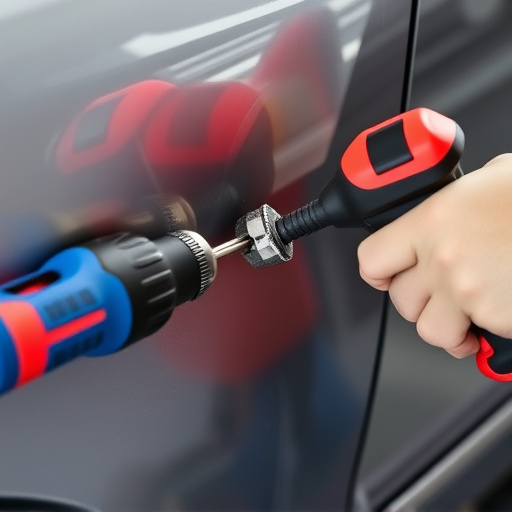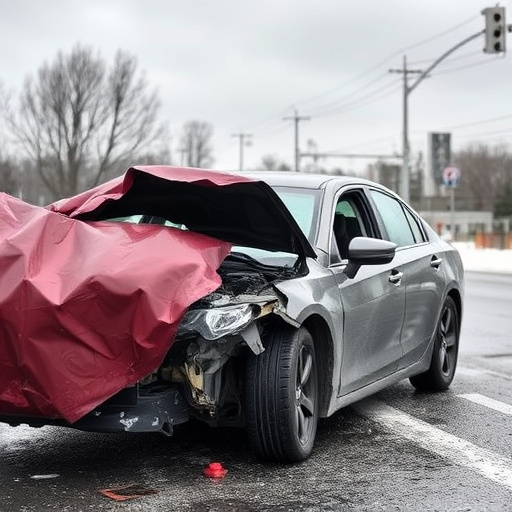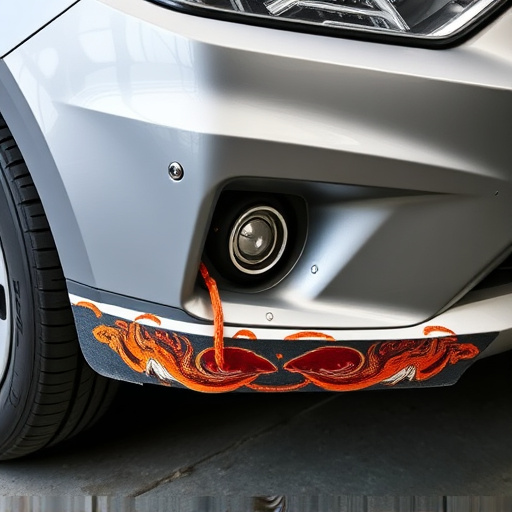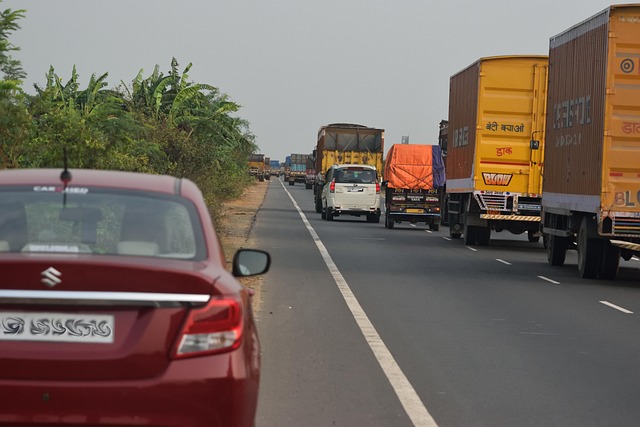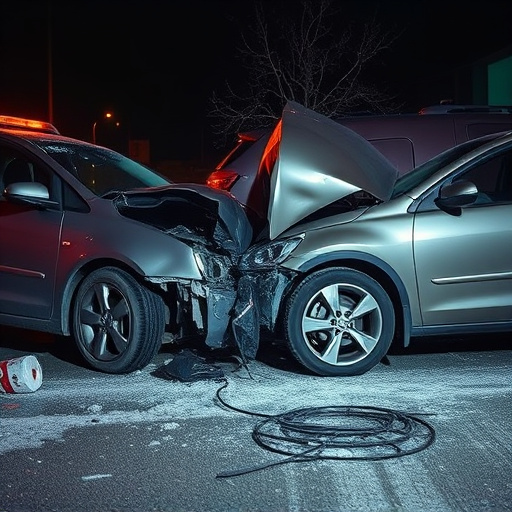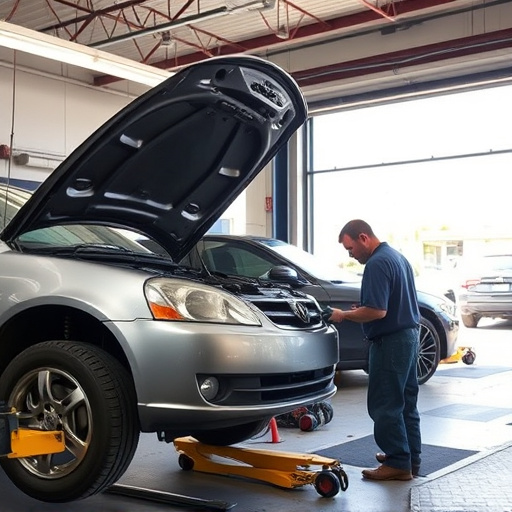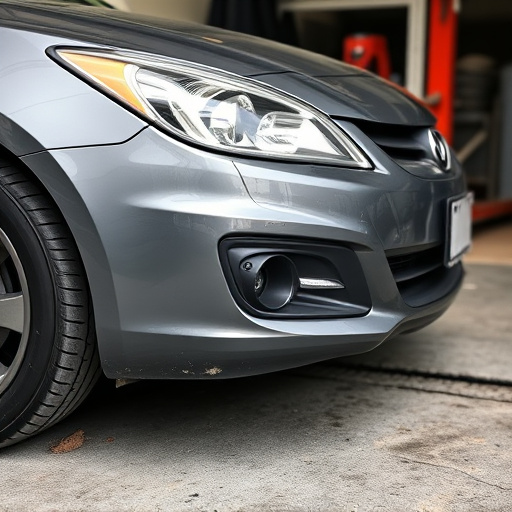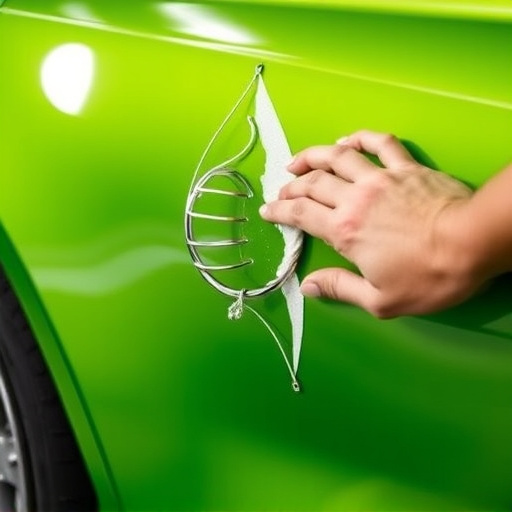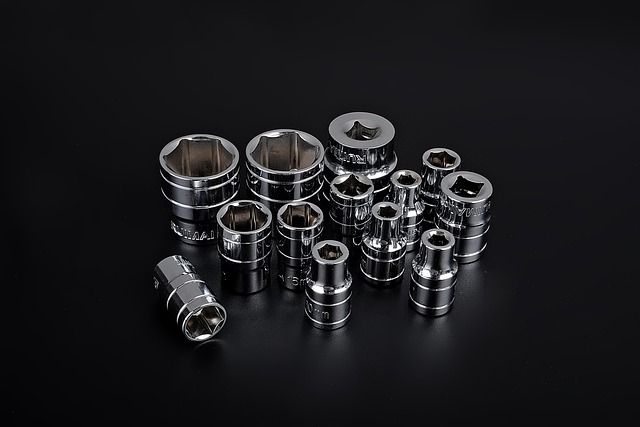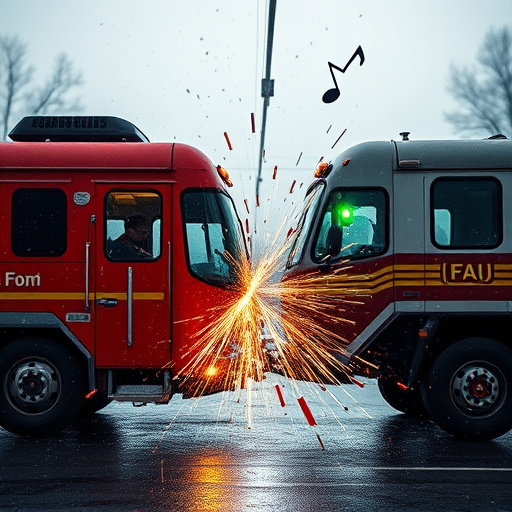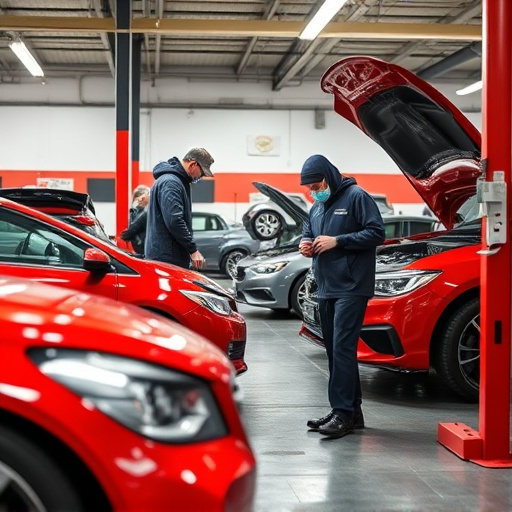Collision repair experts adhere to stringent federal and state regulations, including NHTSA standards, to deliver safe and high-quality repairs. They follow strict guidelines on material specifications, environmental considerations, and hazardous material handling, especially for specialized brands like Mercedes Benz. Strict compliance ensures legal operation, customer satisfaction, and vehicle safety while maintaining consumer trust and preventing legal issues.
Collision repair experts play a crucial role in ensuring vehicle safety and quality. To maintain high standards, they must adhere to comprehensive regulations set by both state and federal authorities. This article delves into the essential aspects of collision repair, covering federal safety guidelines and state-specific requirements. By staying updated with these regulations, collision repair experts can guarantee their work meets the highest standards, providing peace of mind for vehicle owners.
- Understanding Collision Repair Regulations
- Federal Standards for Safety and Quality
- Staying Updated: State Guidelines for Experts
Understanding Collision Repair Regulations
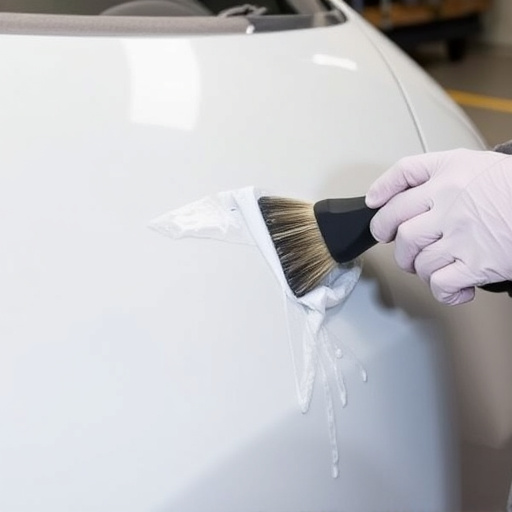
Collision repair experts are well-versed in a complex web of regulations designed to ensure safety and quality in their work. These guidelines, mandated by both state and federal authorities, cover everything from material specifications to environmental considerations. For instance, auto body services must adhere to strict standards when handling and disposing of hazardous materials, like certain types of paint and solvents.
When it comes to specific vehicle makes, such as Mercedes Benz collision repair, experts must also comply with the manufacturer’s guidelines. This ensures that repairs not only restore the car to its pre-accident condition but also maintain its original safety features and performance standards. Such compliance is vital for collision repair centers to stay operational and provide top-notch services, ensuring customer satisfaction and vehicle safety.
Federal Standards for Safety and Quality
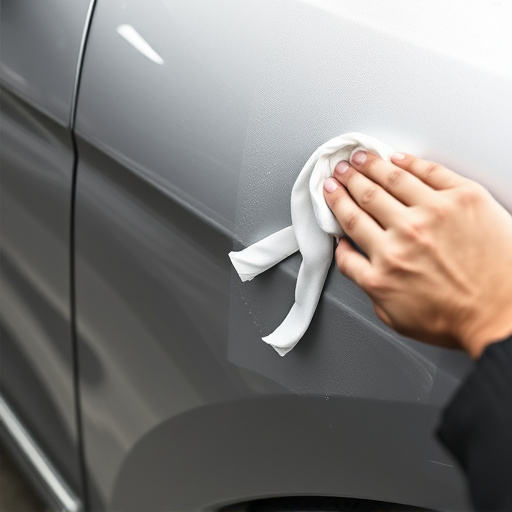
Collision repair experts adhere to stringent federal standards that prioritize safety and quality across all vehicle repairs. These guidelines, established by agencies like the National Highway Traffic Safety Administration (NHTSA), ensure that auto repair shops and their technicians maintain consistent, high-quality work that meets or exceeds industry benchmarks.
Compliance with these standards is crucial for any auto body shop engaging in vehicle dent repair or other collision-related services. By following federal directives, collision repair experts not only protect the safety of drivers and passengers but also safeguard their businesses from legal repercussions and maintain consumer trust. This commitment to adherence ensures that every repaired vehicle leaves the auto repair shop in excellent condition.
Staying Updated: State Guidelines for Experts
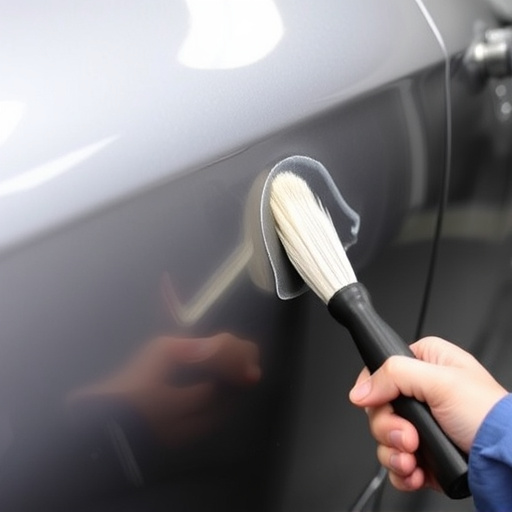
Collision repair experts are tasked with ensuring that all vehicles they work on meet the highest safety standards. Staying updated with state guidelines is paramount for these professionals to deliver top-notch services. Each state in the US has its own set of regulations and standards for collision repairs, which can vary significantly from one region to another. These guidelines cover a wide range of aspects, including materials used, repair techniques, safety protocols, and environmental considerations.
For instance, some states have strict rules on the use of eco-friendly materials in auto body repairs, while others mandate specific training programs for technicians. Collision repair experts must remain vigilant in keeping themselves informed about these evolving standards to comply with legal requirements and maintain the integrity of their work. By adhering to state guidelines, they not only ensure customer satisfaction but also contribute to safer roads and a more sustainable automotive industry.
Collision repair experts adhere to a stringent set of regulations, ensuring that their work meets both federal safety standards and state-specific guidelines. By staying current with these directives, they guarantee not only the highest quality repairs but also contribute to the overall safety of drivers and road users. These professionals play a vital role in maintaining the integrity of vehicles, restoring them to pre-accident conditions while adhering to all relevant collision repair regulations.
